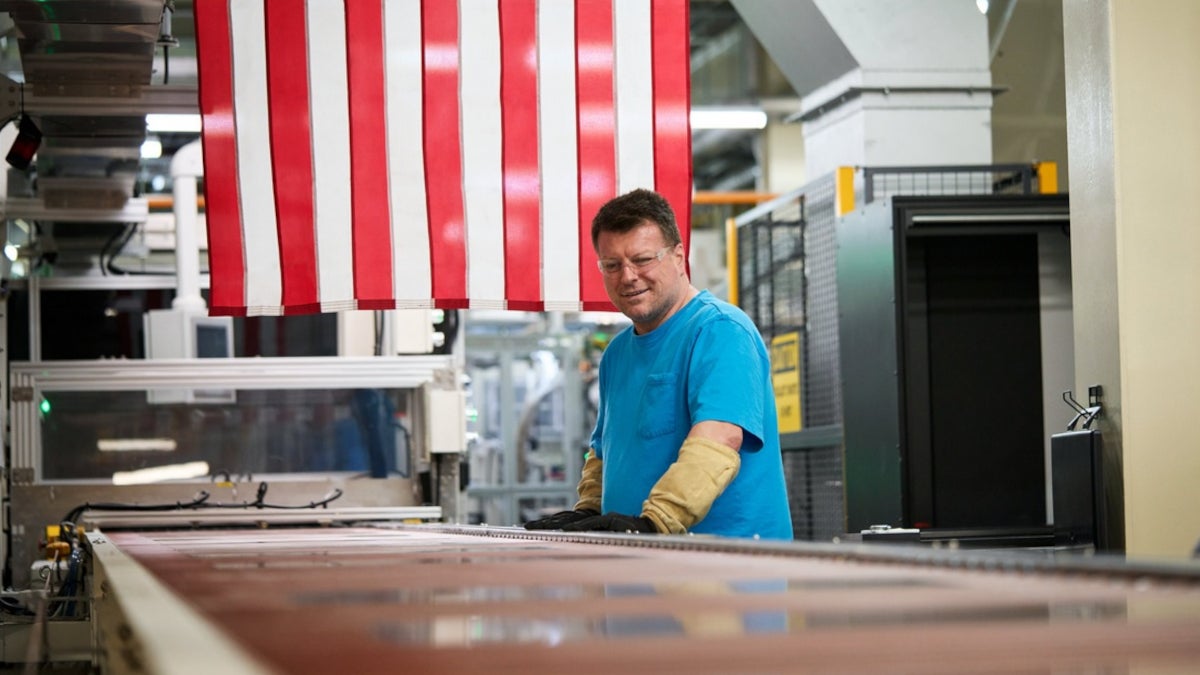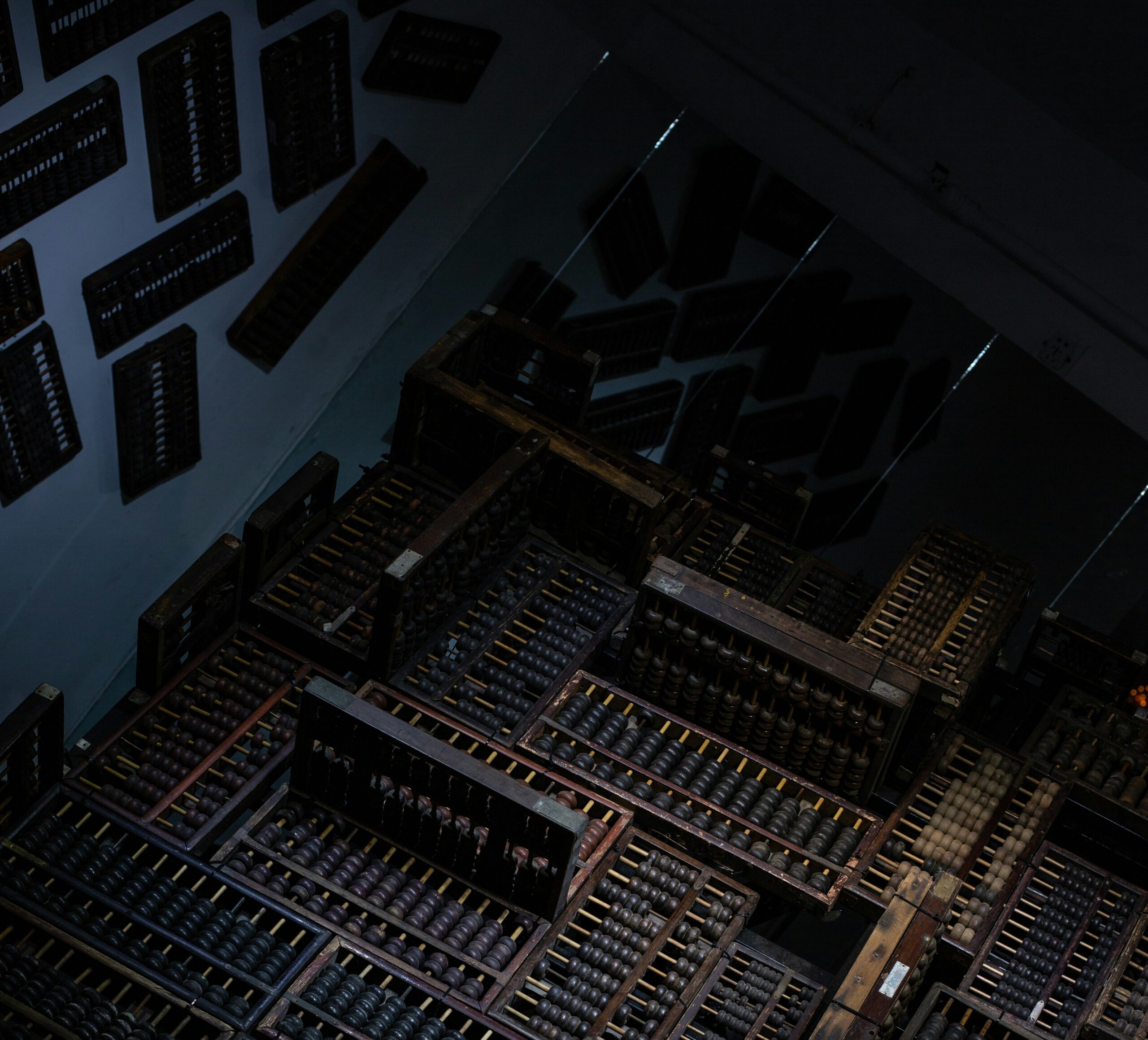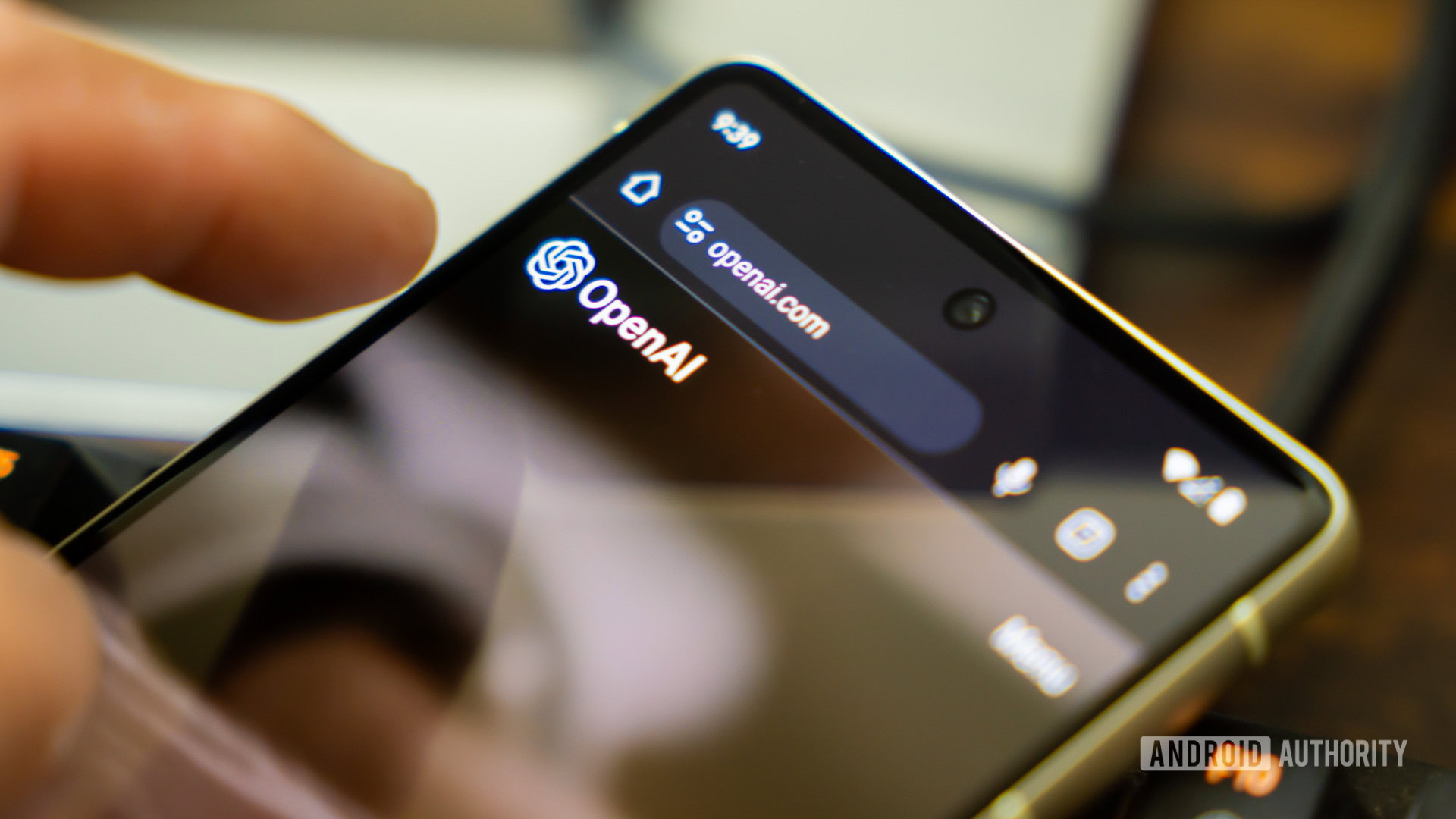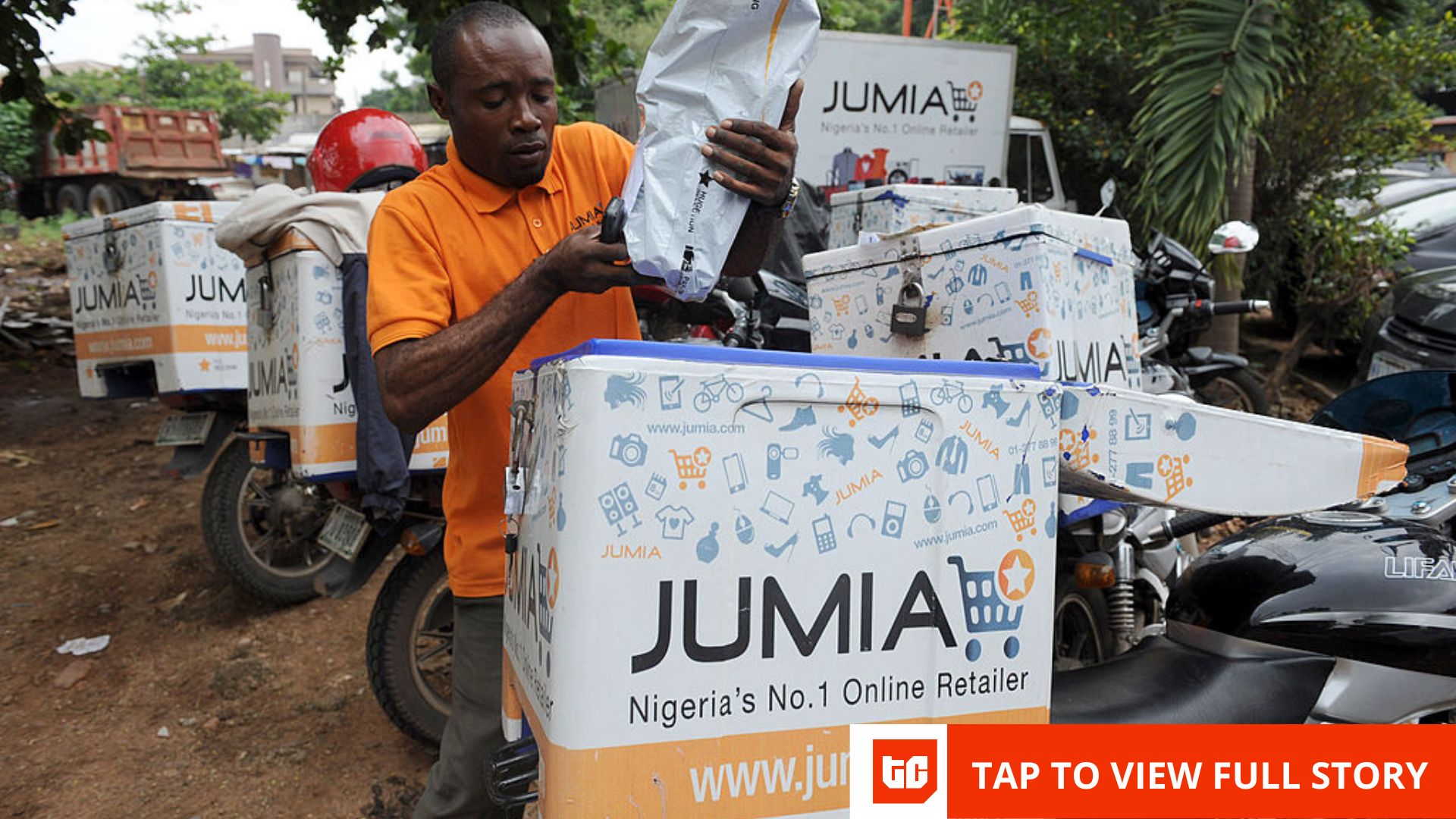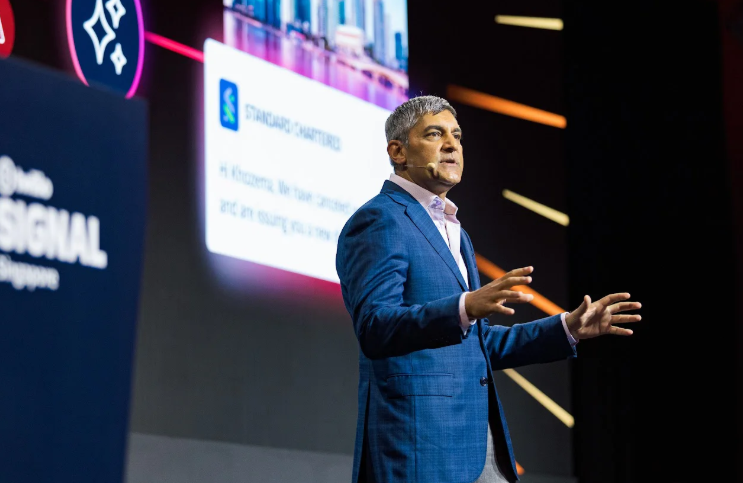Apple’s huge investment in the U.S. helps keep the tech giant from getting hit by Trump’s chip tariffs
The president added that companies that announce their intentions to invest in domestic manufacturing will be exempted from paying the chip tariff. However, there will be a separate import tax placed on devices that contain semiconductors, such as smartphones, automobiles, and tablets that are shipped into the U.S. Chip manufacturers that have made huge investments in the U.S. appear to be exempted as well. Taiwan’s National Development Council Minister, Liu Chin-ching, said today that TSMC will be exempted from the 100% tariff on chips.
Yeo Han-koo, South Korea’s Trade Minister, stated that chips imported into the U.S.made by Samsung Electronics and SK Hynix also will not be hit by the 100% U.S. chips tariff. Both of those firms have announced plans to invest in the U.S. Interestingly, Trump said that Cook was not told in advance of the announcement in the Oval Office about his plan to impose a 100% chip tariff. The president did say that Apple’s investments should be seen by other companies as an example of how they can avoid getting hit by the import tax on chips.
Apple had previously said it would spend $500 billion to improve its domestic manufacturing facilities. Some of that money will be spent on a new factory in Houston to build servers, a Michigan-based supplier academy, and additional facilities for suppliers in the States.
Apple is still not ready to make the iPhone in the U.S.
None of these investments results in Apple building the iPhone in the U.S., which is exactly what Trump wants. However, the president seemed to be happy with Apple’s promises. The president said this about Tim Cook: “Look, he’s not making this kind of an investment anywhere in the world, not even close. He’s coming back. I mean, Apple’s coming back to America.” Currently, most of the new iPhone models sold in the U.S. are assembled in India. However, Trump recently doubled the tariffs on imports from that country to 50% from the previous 25%.
Even if Apple wanted to produce the iPhone in the U.S., it would take years to build the factories needed to have the device assembled in the United States. Apple would have to train workers willing to take low-paying assembly jobs. The hardest and most important task of all would be assembling a supply chain close to the U.S. that would be able to deliver the supplies Apple needs to build the iPhone in the U.S. in the quantities and with the quality that Apple demands.

